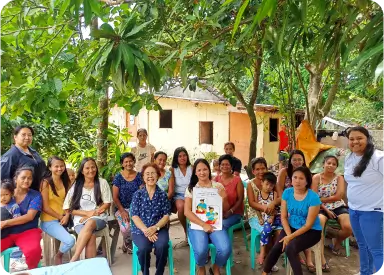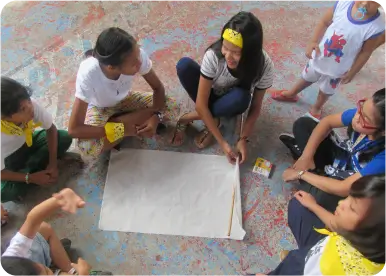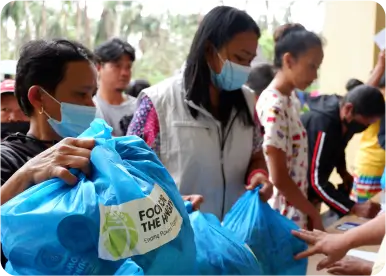Asset Creation
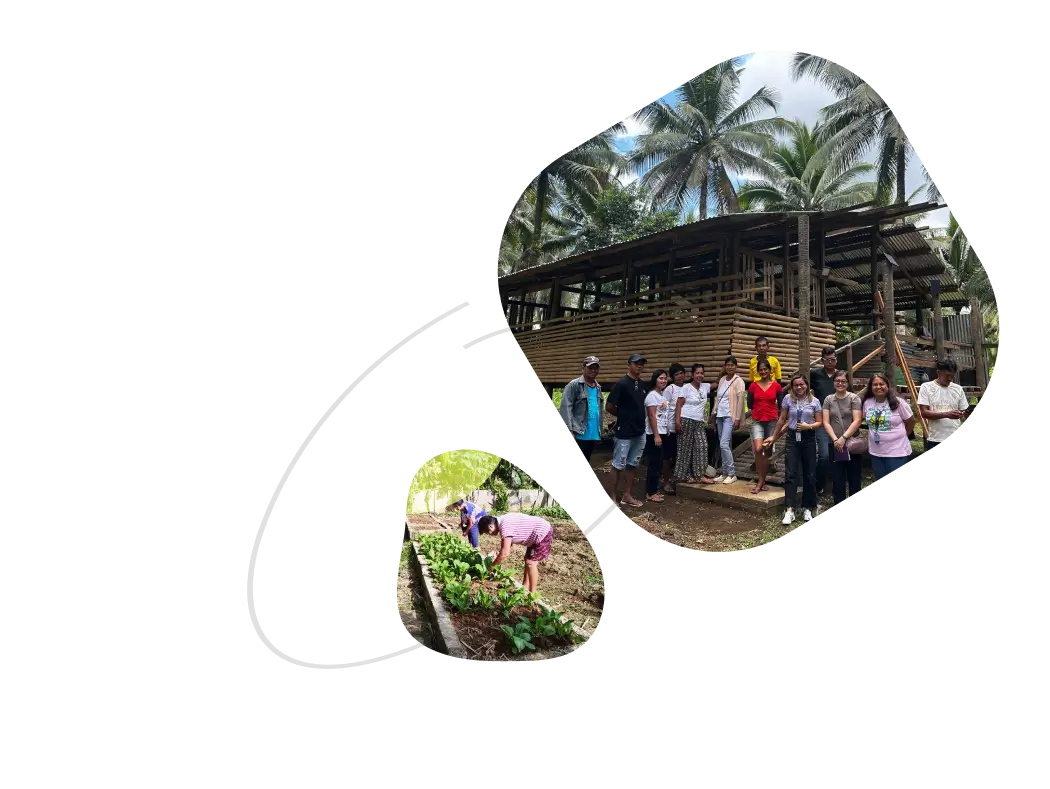
Asset Creation aims to reduce the impact of shocks in vulnerable households due to disasters and poverty.
FH helps build resilience through- but not limited to- livelihood, savings, disaster and risk reduction management, and local governance.
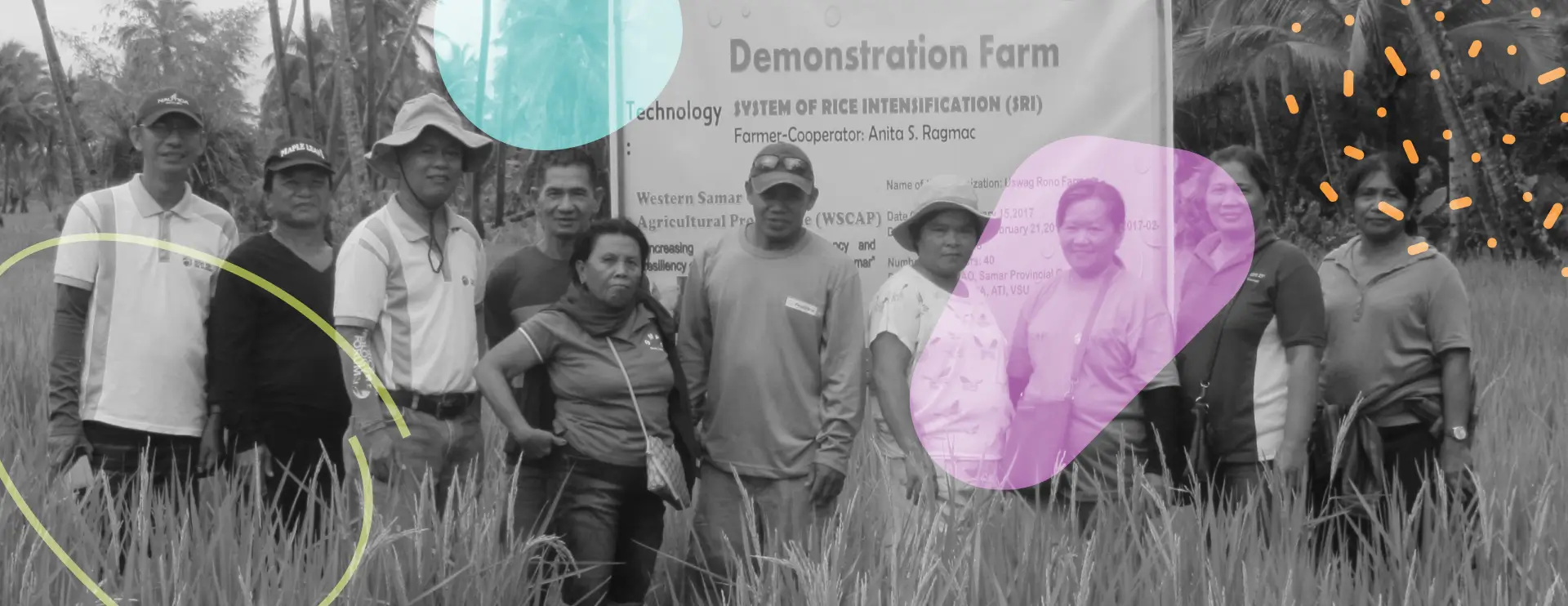
Asset Creation Initiatives
Western Samar Coastal Agricultural Project (WSCAP)
This special project with Tearfund New Zealand ran from 2016-2023 and supported more than 5,000 families in Basey and Marabut, Samar after Typhoon Haiyan (Typhoon Yolanda).
Savings Groups and financial literacy
Savings groups serve as grassroots financial institutions that enable unbanked individuals to maintain savings, build assets, and take out loans to address basic needs (e.g., food, utilities, and tuition fees). Through SGs, members not only improve food and economic security, they also give back to the community through their social fund for emergencies.
Women members are also empowered to grow their household income and build leadership skills.
Climate smart agriculture and backyard/communal gardening
Community members are trained on climate smart agriculture and given start up kits containing seeds, tools, and other inputs. These aim to promote food security and contribute to environmental sustainability.
Goat raising project
Launched in 2020, this project helps provide an alternative income source. Aside from training on technical skills in raising, breeding, and managing goats, goat raisers are mentored so that they can eventually form registered cooperatives to expand their businesses.
Enterprise development
FH supports mature Savings Group transition into micro-enterprises through trainings on enterprise and organizational development, marketing, value adding, and even alternative skills. In addition to start up materials, FH helps connect them to resources and opportunities.
Disaster Risk Reduction
Partner communities are trained to assess, respond to, and mitigate risks before, during, and after disasters. This includes capacitating families and local leaders in creating their community-based disaster risk reduction and management (CBDRRM) and family disaster preparedness plans.
Why Resilience?
We view resilience as both a response to crises and a force for transformation. Being resilient means having the ability to bounce back from shocks and setbacks.
By opening and bridging opportunities, we help every community realize its God-given potential.
Conventional development usually focus on meeting short and long-term needs. What is missing is the identification of complex risks of shocks (e.g. typhoons and epidemics) and stressors (e.g. persisting unemployment and forced displacement) that disrupt development and peoples’ lives and livelihoods. By identifying these factors, we get to the root cause of problems, which enable us to better co-create solutions with the People We Serve and strengthen their social capital.


